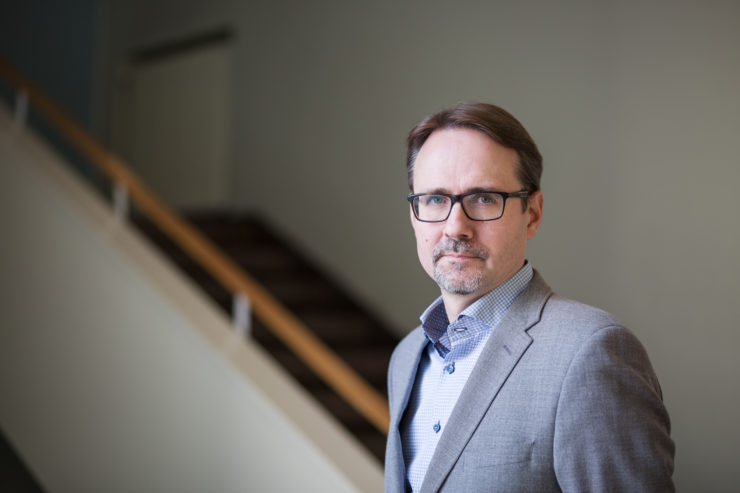In 2019, a group of Finnish criminologists got together and created The Finnish Society of Criminology (FSC). The first years of the new society have been a success story. It energized the field with new enthusiasm, and a sense of purpose. New members are joining. New traditions are emerging, like the annual Veli Verkko lectures, and the biannual criminology conferences. The greatest challenge is just now unfolding: our forthcoming e-journal Kriminologia, which publishes in both of Finland’s languages (Finnish and Swedish).
Before the founding of the FSC, we already had scholarly societies in the field of criminalistics and socio-legal studies, dealing with crime and control related topics. So, why a new society? My personal feeling was that that Finnish criminology was held back by institutional structures assigning a secondary or auxiliary role to criminology. In terms of intellectual history, the prevailing organizational structures reflected a narrow and outdated concept of criminology. They continued the 19th century German tradition of gesamte Strafrechtswissenschaft, relegating empirical criminology to a status of a Hilfswissenschaft (“helper science”) for the discipline of law.
Until recently, most of criminology in Finland took place outside academia, in a government institute called Rättspolitiska forskningsinstitutet (“OPTULA”). Producing statistics, research and policy reports on crime, it resembled the Swedish “Brå”. In 2015, the institute was integrated to the University of Helsinki as the Institute of Criminology and Legal policy (“KRIMO”). The creation of KRIMO in the Faculty of Social Sciences was a hugely successful reform. It supported the independence of criminology, and connected us to an academic environment of the highest methodological standard in empirical research.
Moreover, the reform also enabled criminology to expand in higher education, as we created a new Criminology Study Track. For the first time in the history of the University of Helsinki, it became possible to graduate with a major in criminology, and to study towards a criminological doctorate. Related to this, we wrote a new criminology textbook (2018) with a spirit of policy relevance through strict objectivity. Similar dynamic developments started to occur elsewhere in Finland as well, perhaps partially triggered by the flurry of events in Helsinki.
Because of institutional reforms and new links to academia, it was soon clear that criminology needed a scientific society of its own. The old societies concentrated on other goals than supporting a vigorous and independent criminology. What we needed was a society modelled after the European Society of Criminology and the American Society of Criminology.
The Finnish Society of Criminology is open to all who wish to participate in the building of Finnish criminology as an independent discipline, and as an interdisciplinary melting pot of approaches ranging from natural and social sciences to history and other humanities. Including, of course, the lawyers, many of whom have joined the FSC! Indeed, there is a curious paradox in all this: by being independent, objective and more academic, criminology in fact becomes a better partner and “helper” for the discipline of law as well, and more valuable for practical policy evaluation and formation.

Janne Kivivuori is Professor of Criminology, University of Helsinki.
He currently serves as the Chair of the Finnish Society of Criminology. Views expressed in this blog are his personal views, not official statements of the FSC.
